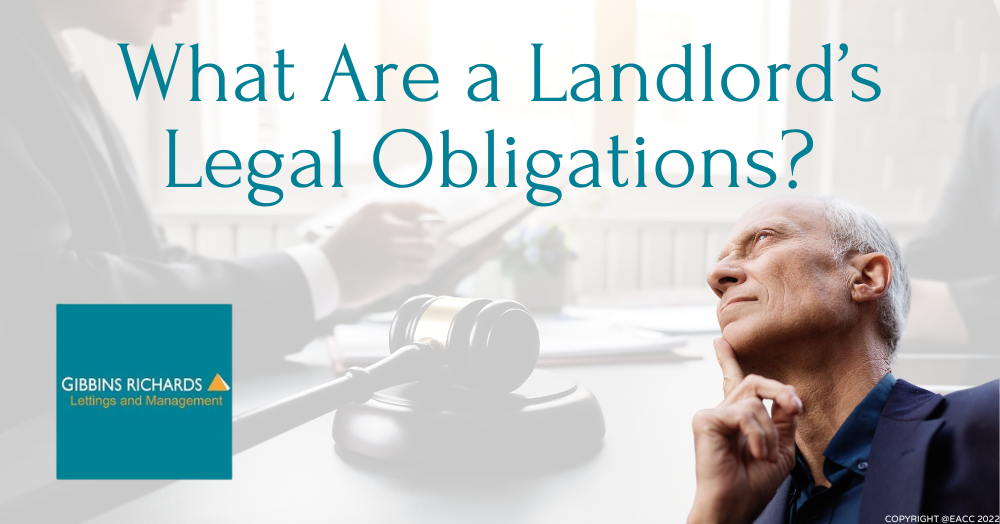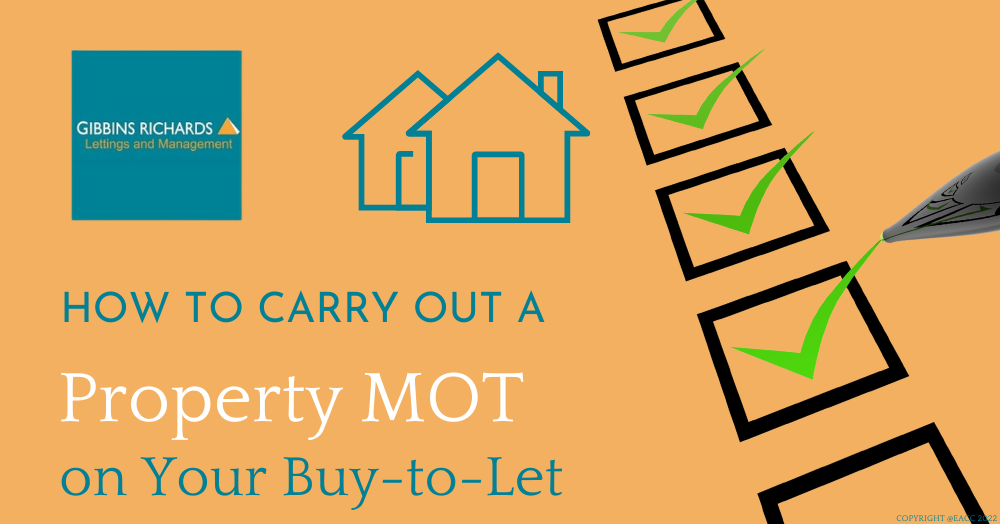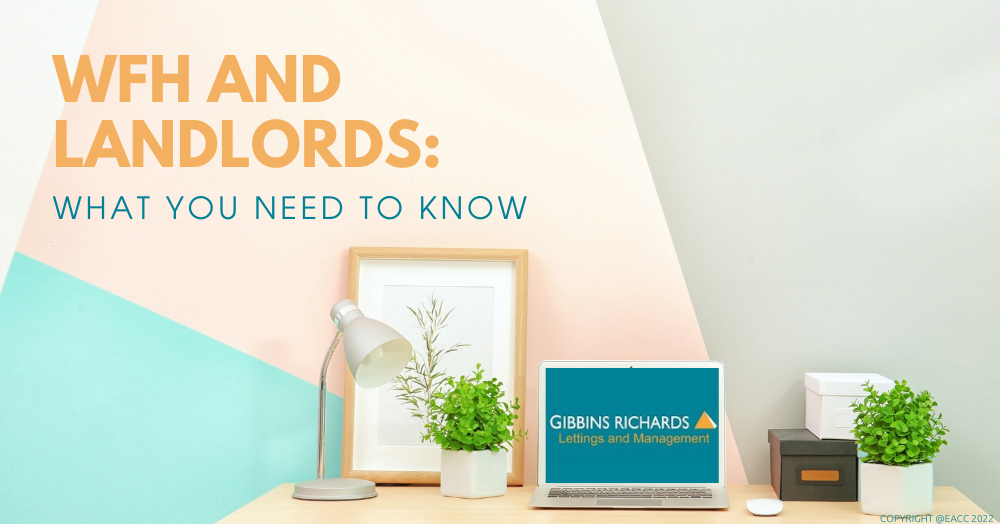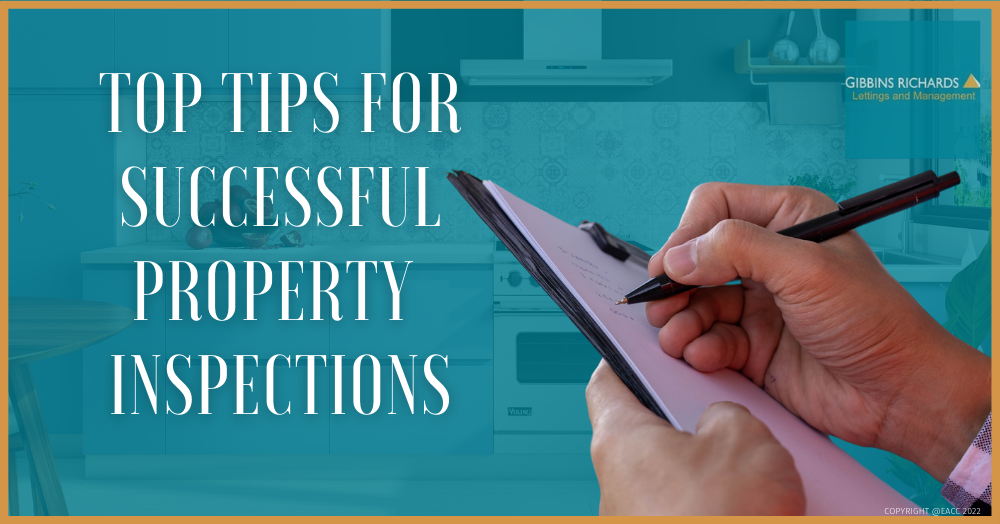Blog
- Details
- Hits: 646
Is Being a Landlord an Easy Money Maker?
- Details
- Hits: 650
- Details
- Hits: 672
- Details
- Hits: 649
Inspections are a key part of managing a tenancy so it’s imperative that landlords get them right. Here are some top tips to ensure landlords don’t miss a thing. A two-minute read.
We’ve all heard the horror stories about nightmare tenants who trash a rental property, leaving the landlord up to their neck in repair bills and legal costs. Or maintenance issues that were left and became problematic.
Thankfully, there are ways landlords can minimise these risks and one key strategy is to conduct regular inspections.
Landlords are often diligent with inspections at the start of a tenancy, but things tend to slide over time. This is a big mistake as inspections allow landlords to:
- Spot mould, leaks, damp or blockages before they become major problems.
- Guard against subletting and illegal activities.
- Identify property damage – intentional, neglectful or accidental.
- Protect themselves in the event of a dispute. (Many insurers won’t pay a claim if the landlord hasn’t been vigilant.)
- Avoid end-of-tenancy disputes, as issues are dealt with during the tenancy instead.
- Set the tone of the landlord/tenant relationship. If they know you’re on the ball, tenants are more likely to treat your property with respect.
- Build trust. Tenants will be grateful to you for sorting out minor issues without prompting.
So, we all agree that inspections are critical, but how can landlords ensure they nail them? Here are seven top tips.
- By law, a landlord can’t just turn up unannounced – you must give at least 24 hours’ notice. Be reasonable when arranging inspections; you’re trying to work with the tenant, not against them. There are legal procedures to follow for booking an inspection, entering the property for an emergency or if a tenant constantly avoids an inspection.
- Have a systematic approach. Use a standardized form, and go from room to room, taking photos and notes. Use the check-in inventory as a guide.
- Don’t just look inside; ensure the tenant is maintaining the garden according to the rules set out in the rental agreement. Also, check pipework (inside and out), drains and electrical sockets.
- Test alarms and extraction fans.
- Ask the tenant if there is anything they want to discuss.
- Once you’ve completed your inspection, sign it and share it with the tenant (ask them to sign it, too).
- File the inspection so that you have a paper trail in case of a future dispute.
If you don’t have the time or expertise to conduct regular inspections, contact us here at Gibbins Richards Lettings and Management for more information about our tried and tested inspection processes.
- Details
- Hits: 687
The secret to a smooth-running tenancy is good tenants. Here’s how to find them. A two-minute read.














